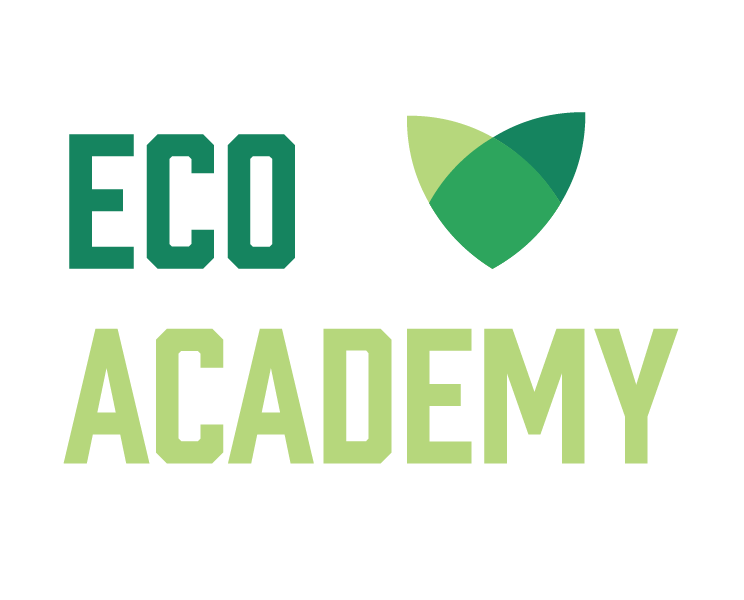Professional Development Training
Explore a wide range of topics from professional development to environmental training.Professional Development Training
Explore a wide range of topics from professional development to environmental training.Professional Development Training
Explore a wide range of topics from professional development to environmental training.Featured Courses
Explore a wide range of topics from professional development to environmental training.

Building Workplace Trust
Leverage trust to build stronger teams, boost credibility, and transform your workplace. Create a culture where people feel valued, and motivated to do their best work.

Advanced Problem-Solving
Strong problem-solving skills set great professionals apart. This course will help you build the practical strategies needed to tackle challenges with confidence.

Exploring Leadership Styles
Strong teams start with flexible leadership. In this course, you’ll explore how to choose and use the right leadership style for any scenario.

Mentoring Others
Build stronger connections and inspire lasting growth. Explore what it truly means to be a mentor.

Introduction to Change Management
This course equips participants with essential knowledge and tools to understand, lead, and support change initiatives effectively.

Empowering Feedback: Tools for Effective Leadership
Feedback is not just about correcting mistakes, it's about developing potential.

Strategies for Effective Communication
This course teaches practical strategies for clear, effective, and inclusive communication across various situations and styles

Leveraging AI to Enhance Workplace Efficiency
Mastering AI Integration, Ethics, and Everyday Impact at Work

Introduction to Data Security
Confidential information is all around us, and knowing how to protect it is more important than ever.

Building Workplace Trust
Leverage trust to build stronger teams, boost credibility, and transform your workplace. Create a culture where people feel valued, and motivated to do their best work.

Advanced Problem-Solving
Strong problem-solving skills set great professionals apart. This course will help you build the practical strategies needed to tackle challenges with confidence.

Exploring Leadership Styles
Strong teams start with flexible leadership. In this course, you’ll explore how to choose and use the right leadership style for any scenario.

Mentoring Others
Build stronger connections and inspire lasting growth. Explore what it truly means to be a mentor.

Introduction to Change Management
This course equips participants with essential knowledge and tools to understand, lead, and support change initiatives effectively.

Empowering Feedback: Tools for Effective Leadership
Feedback is not just about correcting mistakes, it's about developing potential.

Strategies for Effective Communication
This course teaches practical strategies for clear, effective, and inclusive communication across various situations and styles

Leveraging AI to Enhance Workplace Efficiency
Mastering AI Integration, Ethics, and Everyday Impact at Work

Introduction to Data Security
Confidential information is all around us, and knowing how to protect it is more important than ever.

Building Workplace Trust
Leverage trust to build stronger teams, boost credibility, and transform your workplace. Create a culture where people feel valued, and motivated to do their best work.

Advanced Problem-Solving
Strong problem-solving skills set great professionals apart. This course will help you build the practical strategies needed to tackle challenges with confidence.

Exploring Leadership Styles
Strong teams start with flexible leadership. In this course, you’ll explore how to choose and use the right leadership style for any scenario.
- 1
- 2
- 3
- 4
- 5
- 6
- 7
- 8
- 9
- 10
Featured Programs
Developed by industry experts, our Project Management Essentials course will equip you with the fundamental skills for successful project management.
This course will help teach you how to improve your job search through cover letter and resume building and how to make the right connections and make a lasting impression.
Advance your skills and set yourself up for success with our Essential Skills 200 course designed advance junior-level environmental professionals.
All Courses
Select Course Category
Pricing
Career Stages
EVENTS & NEWS
Training & Event Calendar
Check out our training and event calendar for a sneak peek into what’s on the horizon!

Training Overview
We provide a range of opportunities for career advancement, offering 100+ courses designed to cater to diverse interests and professional needs.
These include workshops, interactive learning activities available virtually or in-person, and webinars featuring live presentations from Canada’s leading experts covering various topics, from career preparedness best practices to technical trends and skill development.










